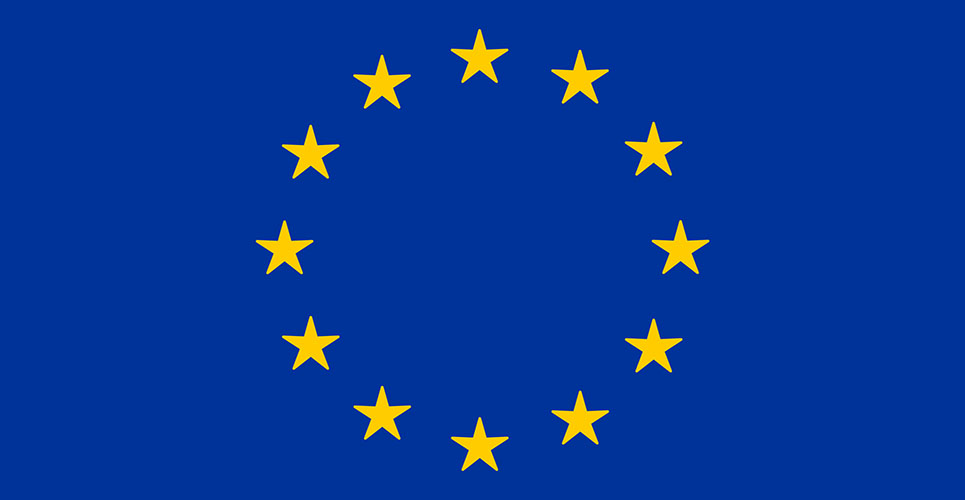teaser
A new coalition Government has come to power in the UK and major EU health and social policy changes are also on the way. Brian Edwards surveys the current scene and looks at the implications for pharmacists
Brian Edwards
CBE
Emeritus Professor of Healthcare Development
University of Sheffield
UK
Former President
HOPE (European Hospital and Healthcare Federation)
Brussels, Belgium
On the 1st July Belgium assumed the leadership of the European Union for the next six months taking over from Spain. Hungary will take the lead in January 2011. Uniquely these three countries had agreed on an eighteen month policy agenda so as to give time for major change to be shepherded through the Commission and the Parliament. The process has been called “trio” and seems to have worked. Belgium will concentrate on the social affairs, part of their combined agenda and particularly poverty and social exclusion but will continue to process work on the EU pharmaceutical legislation (pharmacological vigilance and counterfeit medicine) and the planned directive on healthcare for cross border workers including pharmacists. The new rules on patients rights in cross border care were largely resolved under the Spanish presidency. Under the new rules when a citizen living in another member state wishes to be treated in their country of nationality then the country of nationality will pay. If the citizen decided to be treated in the country they are living in then that country will pay in accordance with their national system. Prior approval rules may still apply and may be refused in some circumstances including treatment in unauthorised centres. The number of patients involved will be very small but may grow over time as groups such as the elderly migrate south for much of the year.
Patient safety remains a major concern in Europe and World Health day in 2011 will be devoted to antimicrobial resistance which continues to be judged as a really serious problem. Four million patients every year in EU countries area affected by hospital acquired infections, resulting in 16 million extra days in hospital at a cost of 7 billion euro. The overuse of antibiotics has blunted the effect of first line drugs leaving clinicians with little choice but to prescribe more expensive alternatives which are sometimes more toxic. A huge public awareness campaign on when and how to use antibiotics is planned including a European Antibiotic Awareness day on the 18th November 2010.
There has been much discussion in England about the new Coalition (Conservative/Liberal) governments decision to devolve the commissioning of NHS services to consortia of General Practitioners under the umbrella of a new and independent NHS Commissioning Board. Ministers will distance themselves from the day to day management of the NHS. The Department of Health will downsize and now focus on public health matters which fits with EU ideas about a greater focus on wellbeing rather than on sickness. The national patient safety organisation for England along with many other governmental quango’s will be closed down. NICE will remain but a new £50m fund has been established to allow clinicians to prescribe drugs that do not yet have NICE approval (mainly in the cancer field).
The coalition governments policy is called “liberating the NHS” but only time will tell whether ministers will be able to keep their distance and consortia of GP’s will be able to move clinical activity out of hospital into primary care which is another major objective. The rest of Europe will be watching with great interest.

